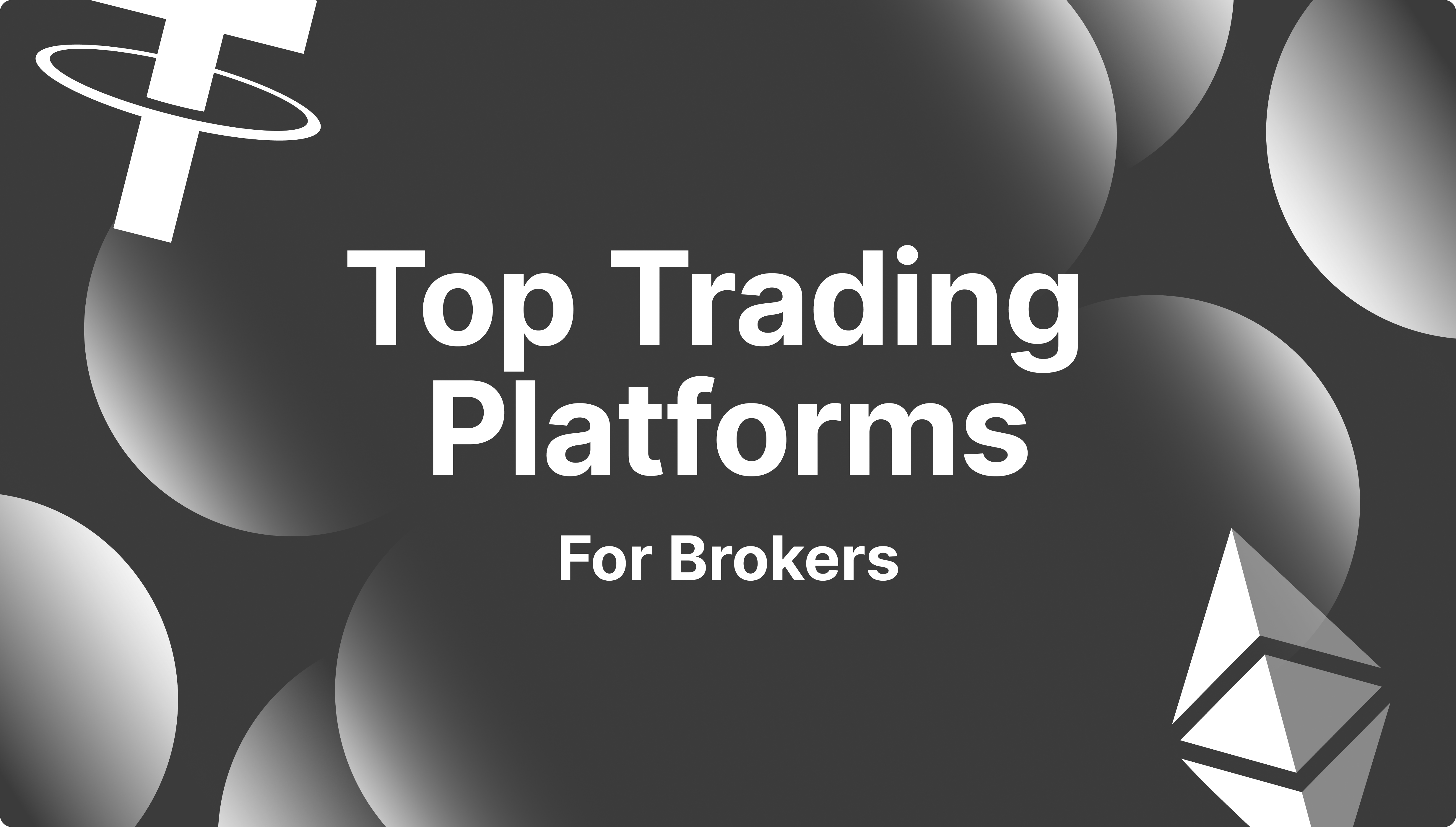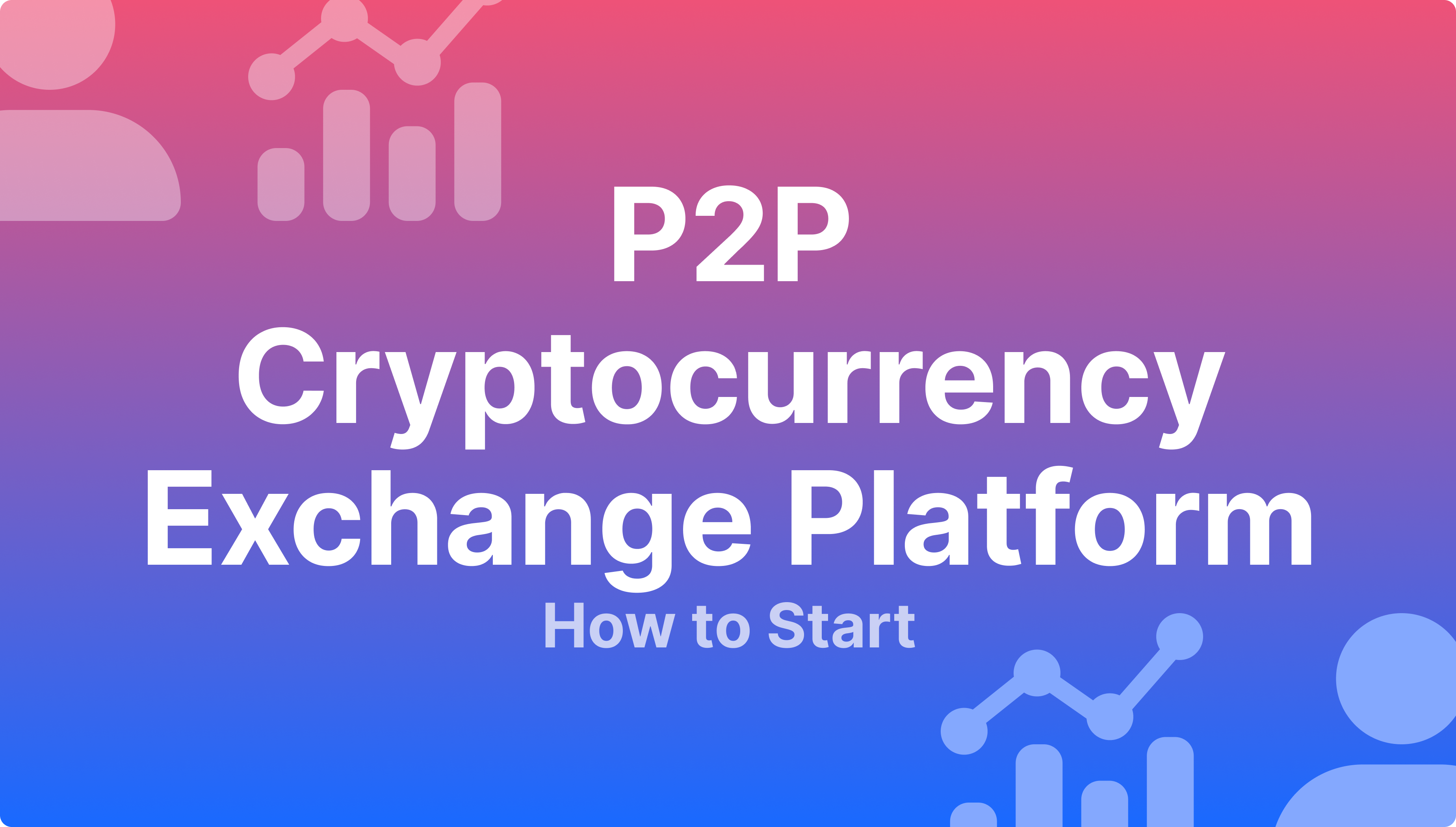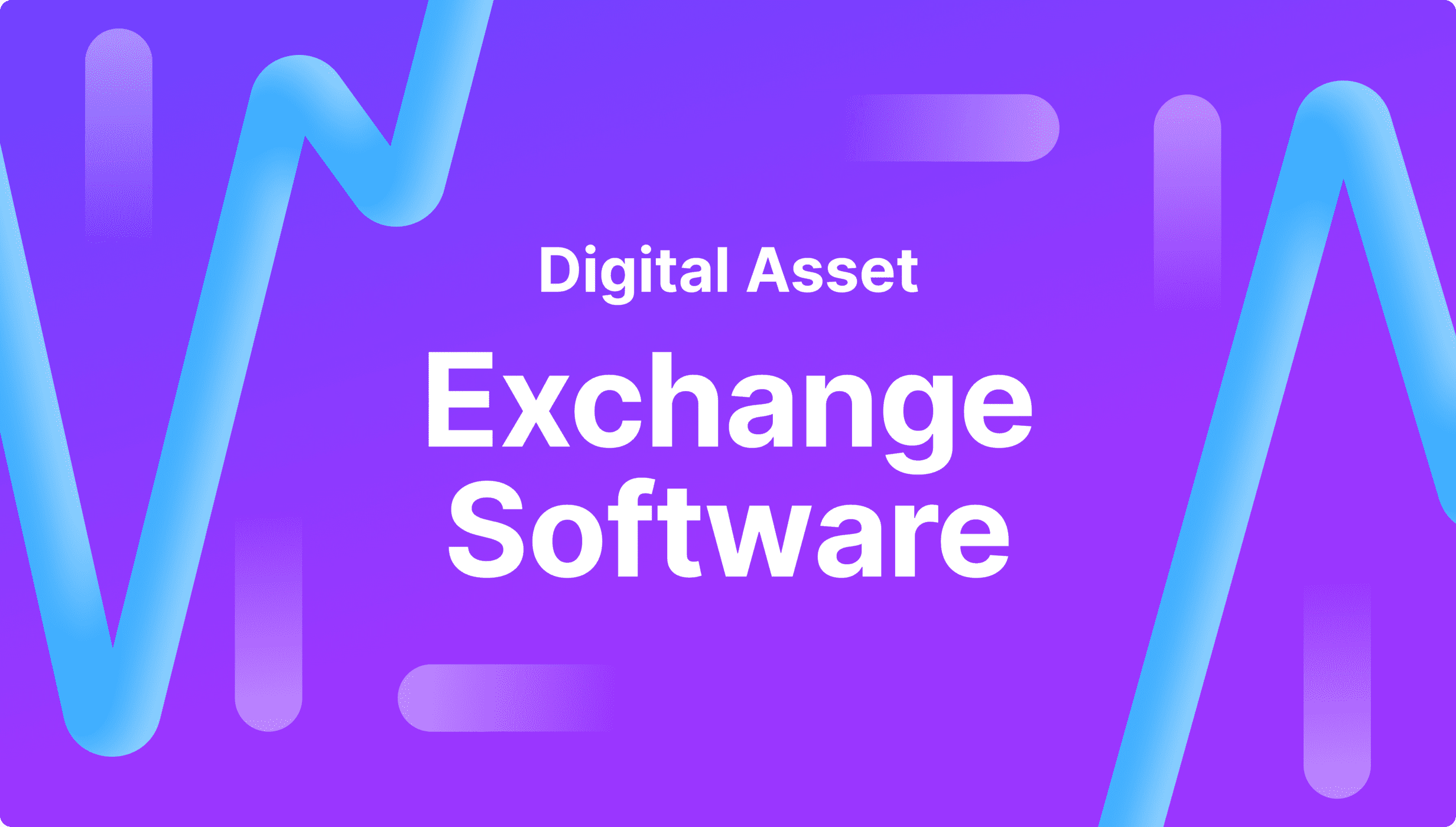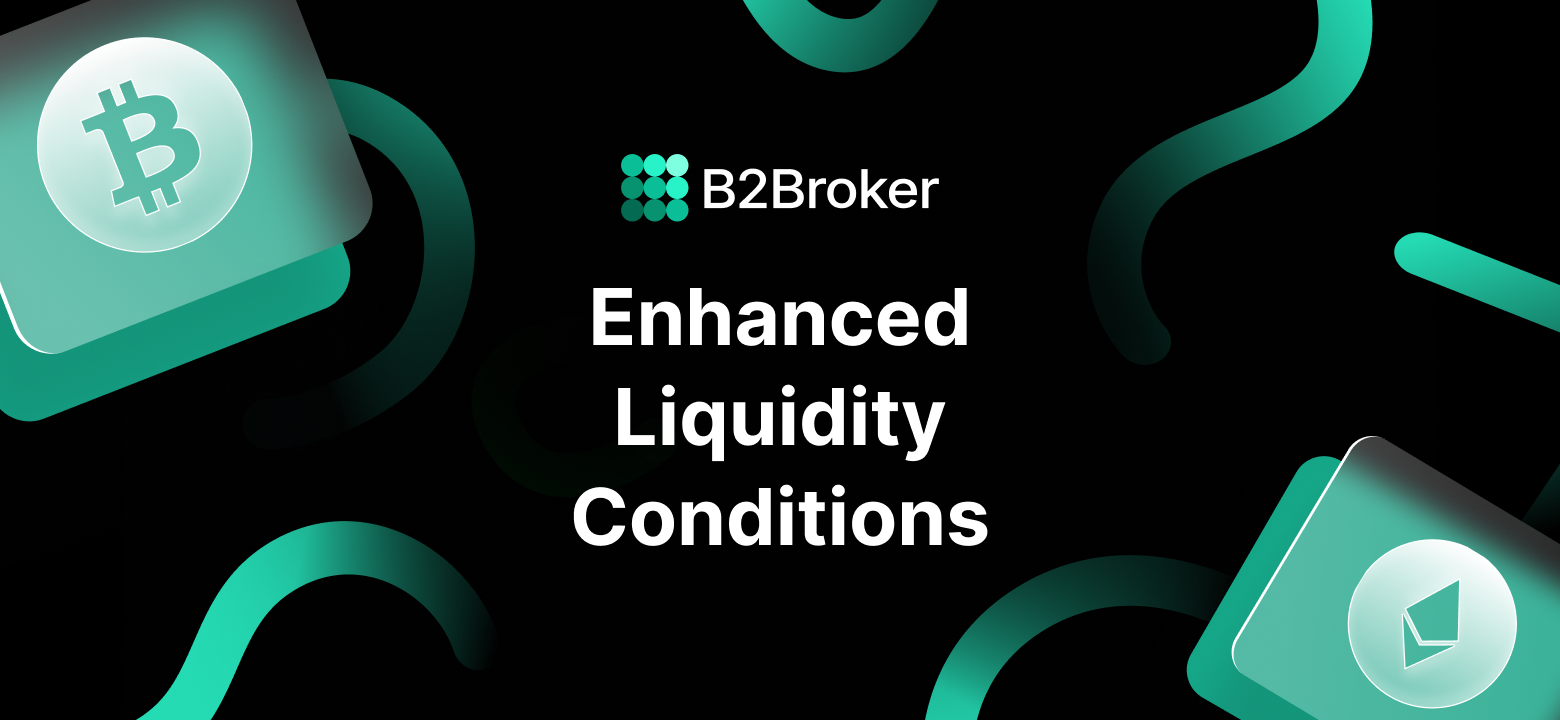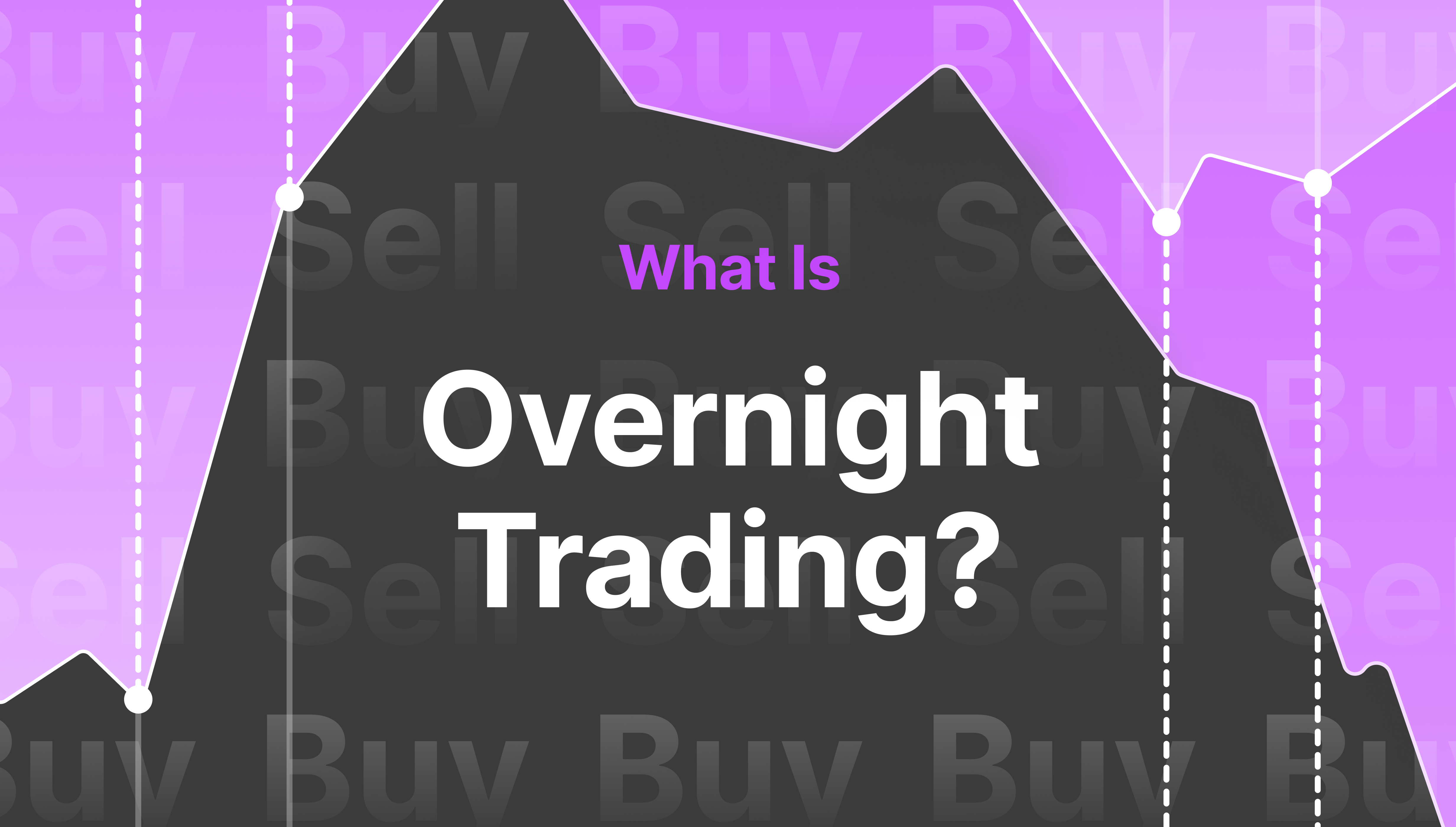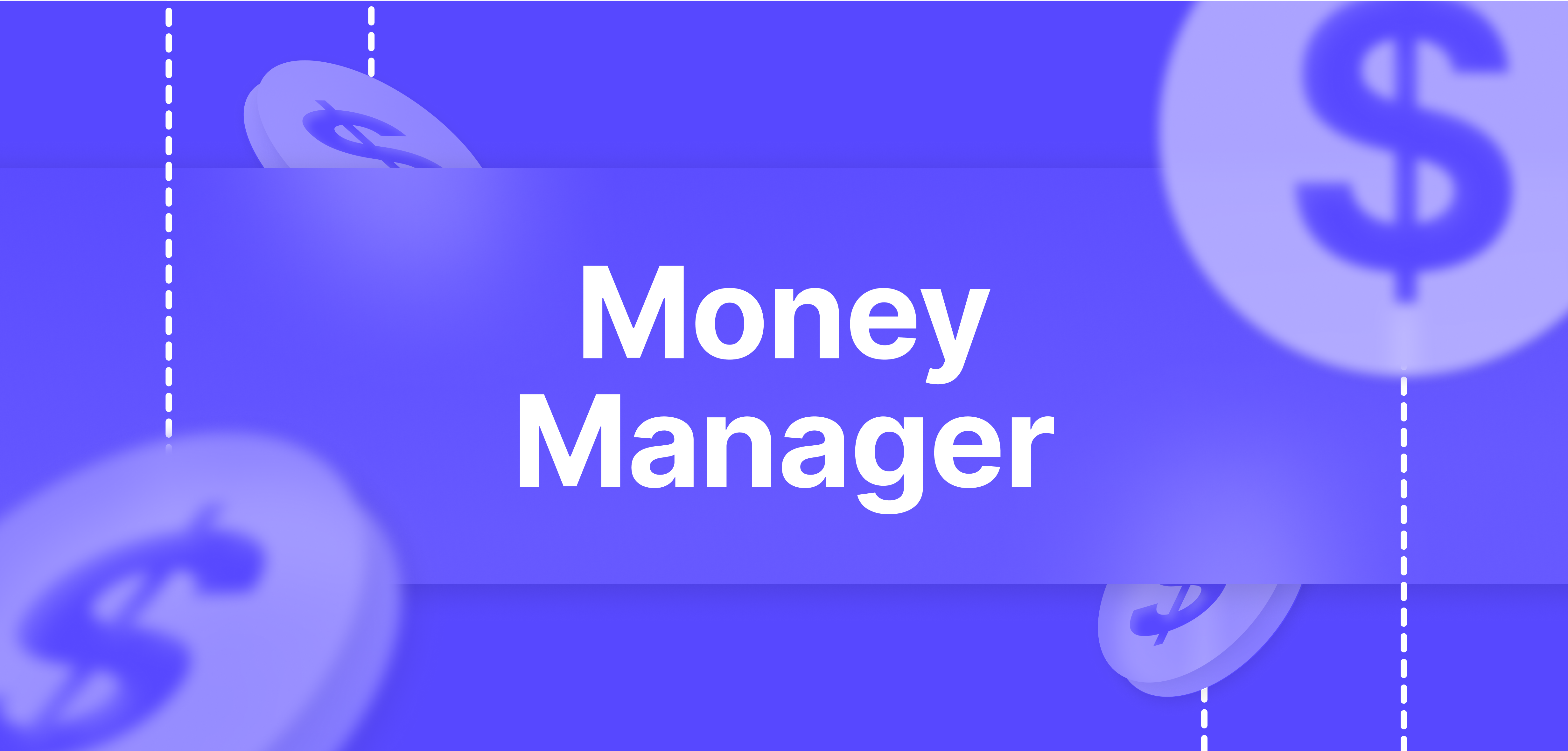What is the Liquidity Provider Fee?
Articles


The FX market consists of a network of institutions, including commercial banks, central banks, hedge funds, investment management firms, and retail investors. These participants trade on the FX market for various reasons – most often to protect their foreign currency investments or to speculate on the direction of currencies.
One of the most critical players in this market is the liquidity provider. A liquidity provider is a company or individual that provides capital to finance transactions in the foreign exchange market. In other words, they provide the “liquidity” that allows traders to buy and sell currencies in the market.
The Role of Liquidity Providers
Liquidity providers keep the market moving by providing traders with the capital to enter and exit positions. Without LPs, the markets would be much less liquid and would not function as efficiently.
The most important thing for liquidity providers is to maintain a Two-Way Quote, which is simply having a buy and sell price for a security or asset at all times. This ensures that there is always someone willing to trade with you, no matter the current market conditions.
In addition to providing capital, they also help create a market by providing price discovery. By constantly monitoring the order book and trading activity in the market, they can provide the best prices for their clients. This helps to create a more efficient market overall.
Another reason they are so important is that they help reduce the amount of slippage that traders experience. Slippage is when you enter or exit a trade at a worse price than expected due to the market’s lack of available liquidity. LPs help reduce slippage by providing their capital to fill orders when there is a lack of other buyers or sellers in the market.
If there were no LPs in the forex market, it would be much less liquid and would not function as efficiently. The lack of liquidity would make it difficult for traders to enter and exit positions and lead to increased slippage. This would make it much harder for traders to make money in the market and eventually lead to the market drying up entirely.
For example, let’s say you are trying to sell EUR/USD at 1.3000, but no buyers are willing to take your position. This means that there is no liquidity in the market, and you will be stuck with your position. However, if a liquidity provider were willing to buy EUR/USD at 1.2900, they would be providing liquidity to the market and helping to keep it moving. This would allow you to exit your position and avoid being stuck in a losing trade.
Liquidity Providers and Their Fees
As we have seen, the role of LPs is crucial to the functioning of the forex market. Without them, the market would be much less liquid and would not function as efficiently.
In return for providing liquidity to the market, LPs charge a small fee. This fee is typically 0.1-0.2 pips on each side of the trade (the bid and the ask). For example, if you are buying EUR/USD at 1.3000 and the LP charges 0.1 pips on each side, your total cost will be 1.3002 pips (1.3000 + 0.0002).
While this may seem like a minimal fee, it can add up over time, especially if you are trading large amounts of currency. For example, let’s say you are trading 1 million euros and the LP charges 0.1 pips on each side. This means that your total cost will be 20,000 euros (1 million x 0.0002).
Now it might seem like a lot of money, but it is essential to remember that liquidity providers are taking on a lot of risk by providing capital to the market. Without their capital, the market would be much less liquid and would not function as efficiently.
Some LPs may charge a monthly or yearly subscription fee and the fees associated with providing liquidity. However, many LPs do not charge any fees at all. This makes them an attractive option for those looking to trade more frequently.
What are the Benefits of Using a Liquidity Provider?
Someone might think that using a liquidity provider is not worth it since they charge a fee. However, there are several benefits to using a liquidity provider that can outweigh the costs.
The first benefit is that you will get better prices for your trades. This is because LPs have access to more information about the market and can provide you with better prices than you would get from other sources.
The second benefit is that you will experience less slippage. Liquidity providers help to reduce slippage by providing their capital to fill orders when there is a lack of other buyers or sellers in the market.
The third benefit is that you will access more markets because LPs often have relationships with other market participants, such as banks and hedge funds. This means that they can provide you with access to markets you would not be able to trade in otherwise.
The fourth benefit is that you will have access to more leverage. Leverage is when you borrow money from your broker to trade with. The amount of leverage that you can get from your broker is typically limited, but if you use a liquidity provider, you may be able to get more leverage. This can be a great way to increase your profits, but it can also lead to increased losses if the market moves against you.
The fifth benefit is that you can access more tools and resources. LPs often have relationships with technology providers, meaning they can provide access to tools and resources that you would not be able to get from your broker.
The sixth benefit is that you will have access to more customer support. This is because liquidity providers often have dedicated customer support teams. This means that if you have any problems with your trading, you will be able to get help from someone knowledgeable about the market and the products you are using.
Conclusion
LPs are a vital part of the forex market. By providing capital to the market, they help keep it liquid and efficient. They also charge a fee for their services, but there are several benefits to using a liquidity provider anyways that outweigh the costs. If you are looking to trade more frequently, an LP may be a good option for you.
Seeking answers or advice?
Share your queries in the form for personalized assistance




